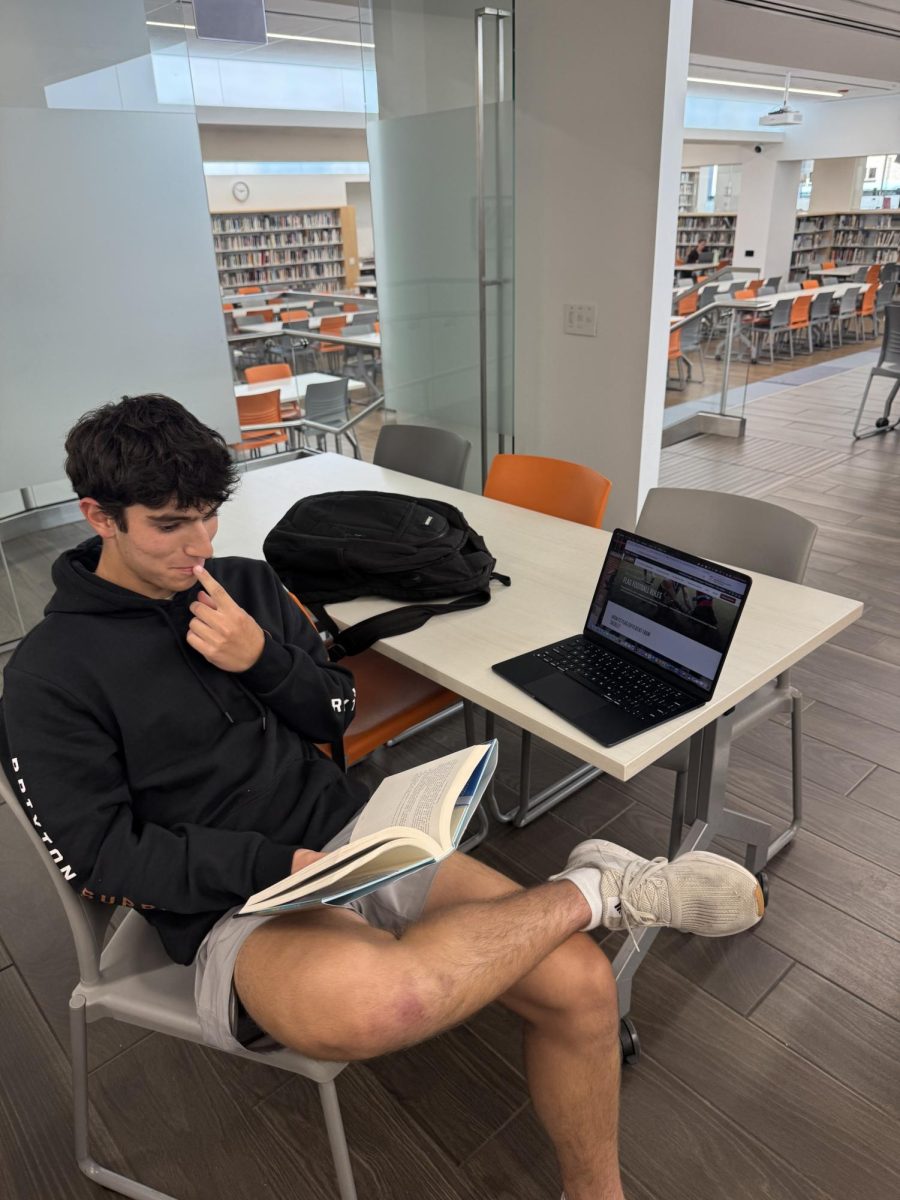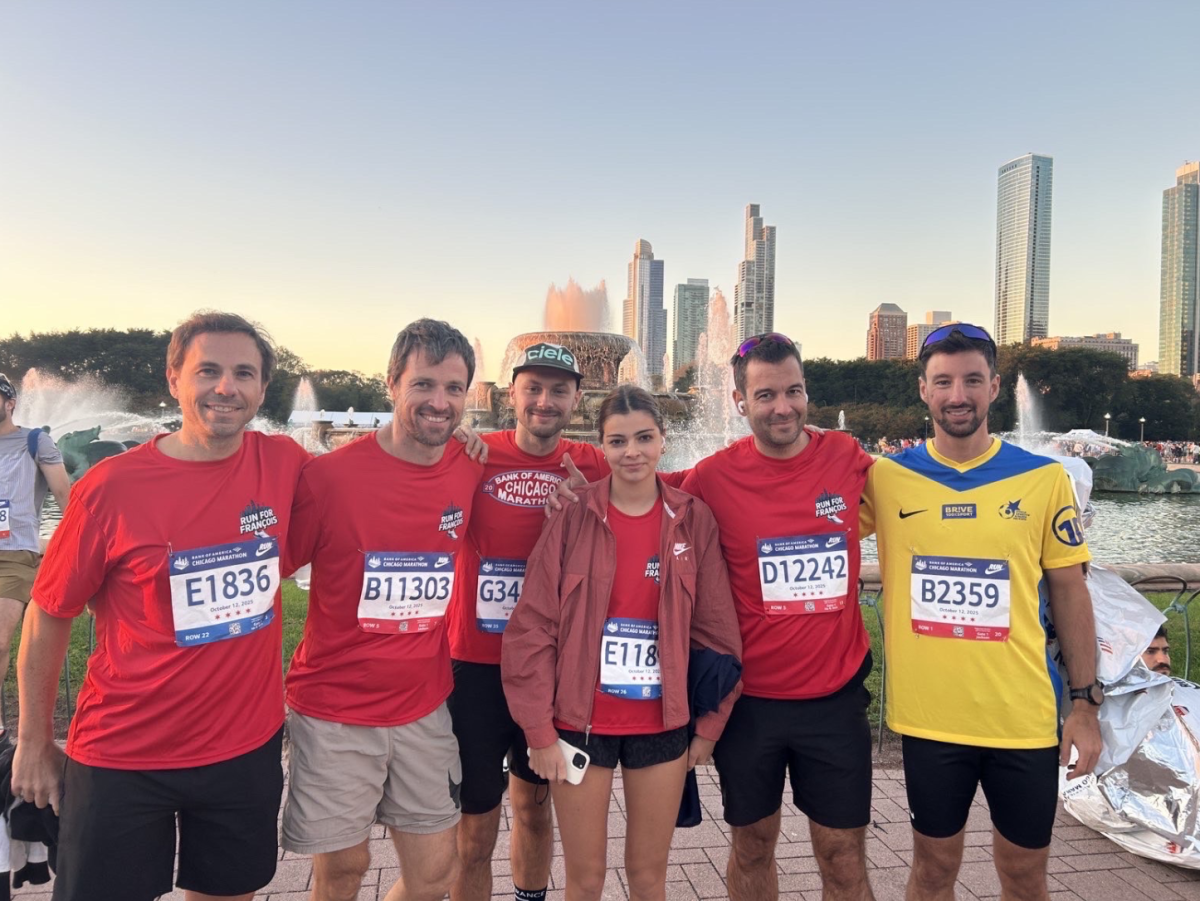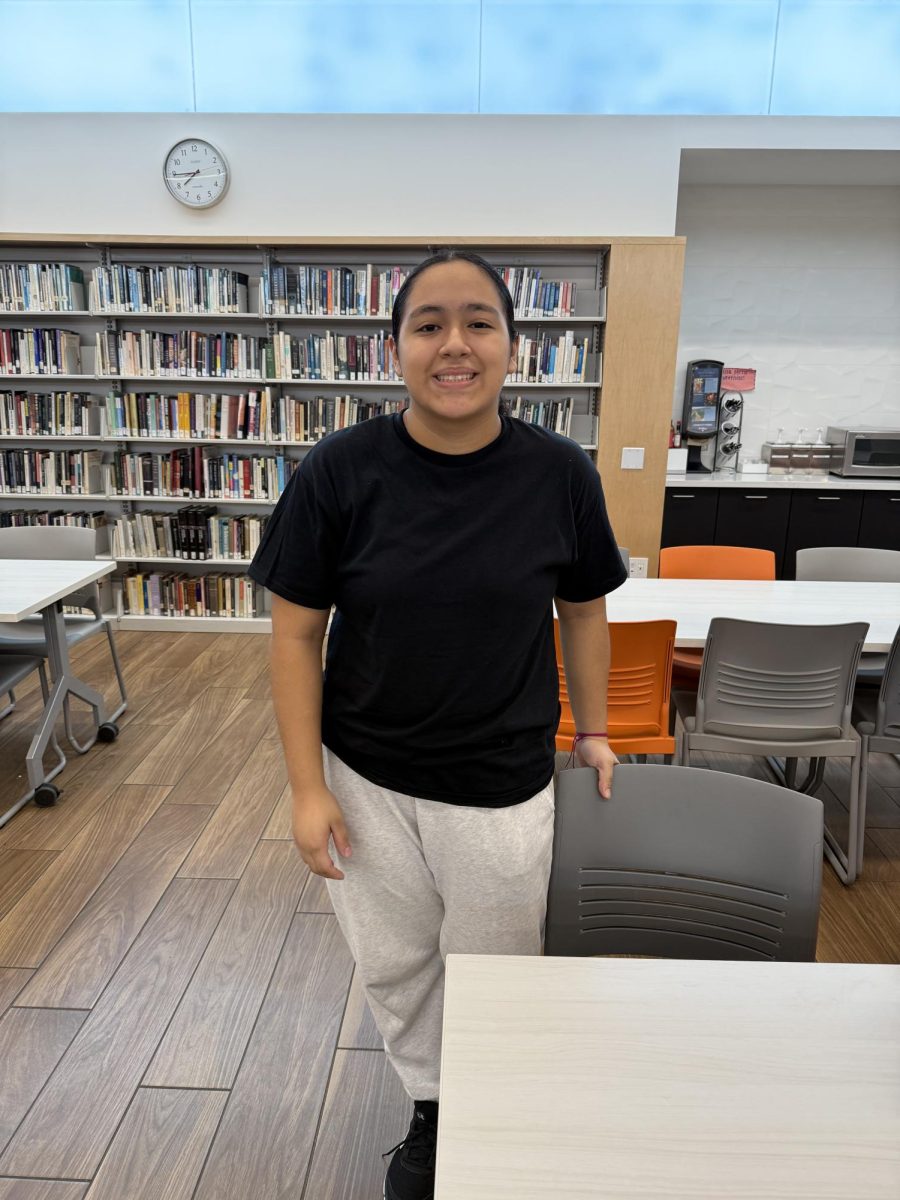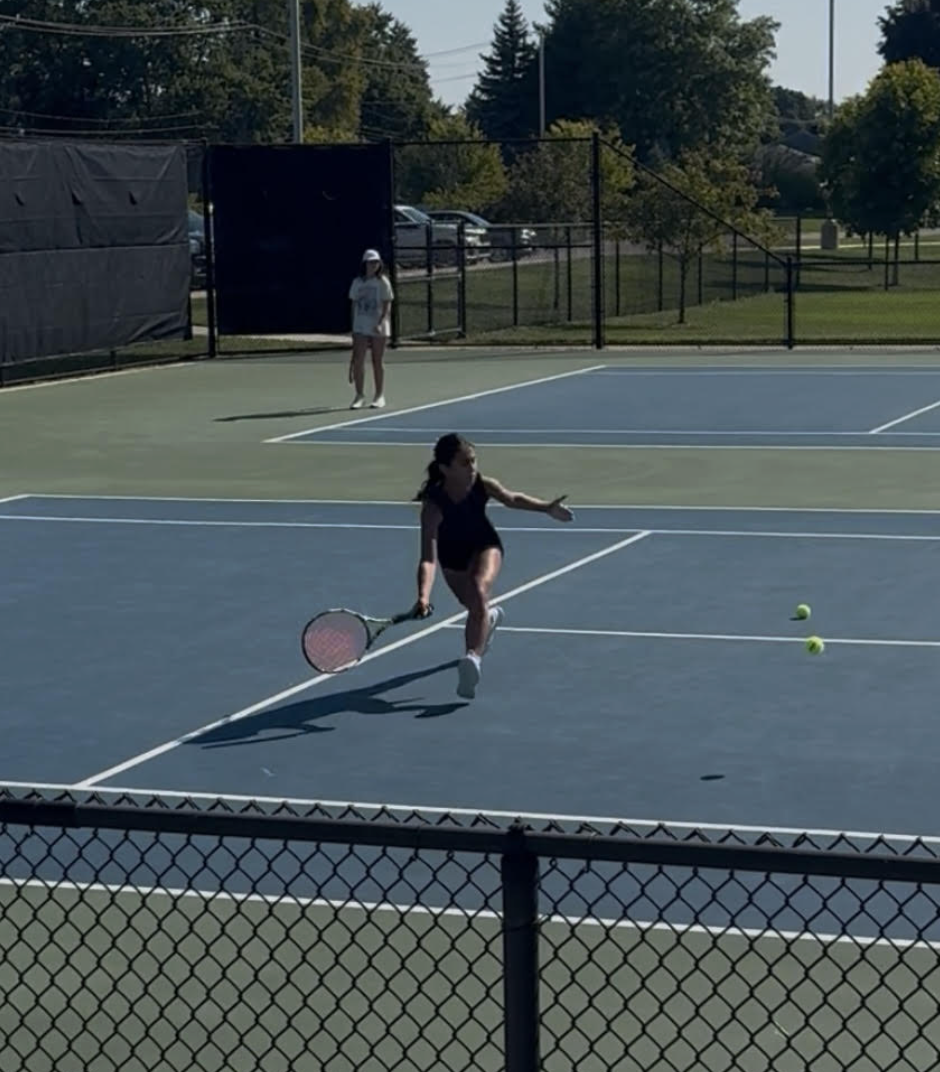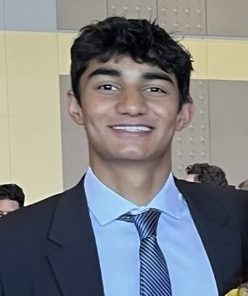Latin administrators and representatives from several other Chicagoland schools attended a workshop last month led by Bernard Zell Anshe Emet Day School called “Combating Antisemitism in Secondary Schools.”
According to Bernard Zell, the seven-hour workshop aimed to support participants in their journey to “feel better equipped to identify, prevent, and respond to antisemitism, identify instances that may create a negative impact on Jewish students, families, employees, and other constituencies,” and “[be] able to strategize proactively how to prevent them from occurring.”
Latin’s decision to participate in this workshop was driven by student feedback and a commitment to address antisemitism.
“We heard from one of our affinity spaces that there is a silence happening within our community,” Assistant Head of School Ryan Allen said. “We have students who had certain emotions come up, given the current events, and felt like people knew they had some kind of connection to those events but were silent about it.”
Along with being committed to student affinity groups and their sentiments, Latin attended to the requests of parents and guardians when choosing to participate in the workshop. Diversity, Equity, and Inclusion (DEI) Coordinator Kasey Taylor said, “In partnership with conversations that have been happening with Jewish-identifying families, professional development was one of the things that have been discussed, so when this opportunity was presented to the school, it seemed like it met the needs.”
Additionally, and perhaps most notably, the workshop comes amid a nationwide rise of antisemitism in schools, along with the behaviors, words, and actions associated with it. “Nationally, we’ve seen this stuff be on the rise,” Mr. Allen said. “The events of October 7 have certainly heightened that quite a bit.”
The workshop was grounded by a set of guiding questions including, “How do we create spaces for critical conversations about difficult topics?” This particularly echoes Latin’s efforts to equip students with spaces to feel comfortable being vulnerable.
“As cancel culture continues, a lot of people are hesitant to dive into conversations, because they are afraid of saying the wrong thing,” Mr. Allen said. “We have to be okay with difficult dialogue and understand that there is a framework in which we can engage in these conversations.”
The need for this form of dialogue is sensed by students as well. Freshman and Jewish Student Connection member Gabriel Raviv said, “These conversations about difficult topics are what build empathy and create a school of people who care about one another.”
Moreover, Latin has dedicated itself to its DEI goals, acting proactively toward facilitating an equitable school environment.
Each quarter, faculty and staff attend a mandatory professional development session, discussing and emphasizing topics such as anti-bias. More recently, Ms. Taylor trained this year’s spring sports coaches in “microaggressions, implicit bias and how that shows up, as well as helping coaches think through the steps towards noticing, naming, and addressing these issues.”
Latin has also implemented the Lunch and Learn program, which aims to develop spaces where students can express their diverse sentiments and perspectives while working to recognize each other’s identities better.
“With the Lunch and Learns, we’re trying to build some of that facilitation where it’s not only student-to-student but faculty-to-student, as well,” Mr. Allen said.
In addition, the Incident of Bias reports in both the Middle and Upper Schools have provided students with the opportunity to anonymously report encounters that cause discomfort, particularly those surrounding aspects of one’s identity.
However, administrators continue to wonder whether students are likely to use these tools, as significant gaps have been established between reported information and what is happening. “It’s a tool [bias reporting] that is based on what stories are being shared by word of mouth and [in] what we actually have with reports via the system; there is a big discrepancy,” Ms. Taylor said.
Nonetheless, Latin’s decision to actively combat antisemitism emphasizes the nuanced approach required in tackling complex issues within educational environments. “These things are still happening in our community,” Mr. Allen said. “Racism, antisemitism, all these things are still happening in our community.”
After attending the Bernard Zell workshop, Mr. Allen emphasized that this is important work and that Latin is making progress.
“I walked away with a real affirmation of all the programming that happens here at Latin,” Mr. Allen said. “[Latin] affirming Jewish identity, it’s pretty significant in terms of what happens at our school for a school that is a secular place. It was really affirming.”
By heeding the sentiments of both students and parents, Latin exhibits its commitment to inclusivity and acknowledges the multifaceted nature of contemporary challenges. Mr. Allen said, “For us, as a part of our mission and our vision as a school, this is a continual process, and it’ll be work that we are always investing in.”

